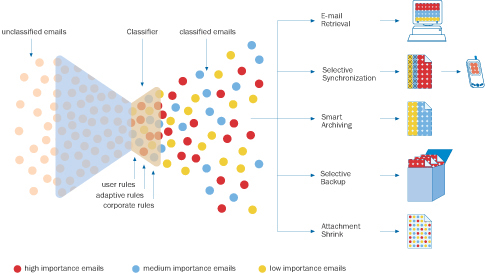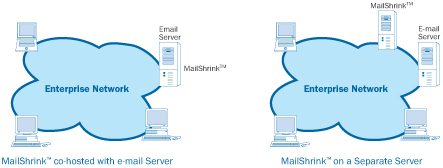Microsoft Exchange is a popular email and calendaring server used by businesses and organizations for its comprehensive communication and collaboration features. Here are some of its key advantages:Integrated Email and Calendar: Exchange offers a seamless integration of email, calendar, contacts, and tasks, allowing users to manage their communication and schedules effectively from one platform.Outlook Compatibility: It is highly compatible with Microsoft Outlook, one of the most widely used email clients, providing a rich, full-featured user experience including mail, calendar, contacts, and task management.Mobile Access: Exchange supports mobile access, allowing users to sync their email, calendar, and contacts with their smartphones and tablets, ensuring they can stay connected and productive while on the go.High Security: Exchange includes built-in defense mechanisms for protecting against spam and malware, and it supports various compliance standards, helping organizations safeguard their data and meet regulatory requirements.Data Loss Prevention (DLP): It offers DLP capabilities that help prevent sensitive information from leaving the organization via email, enhancing data security and compliance.Archiving and Retention Policies: Exchange allows for robust archiving and eDiscovery capabilities, enabling organizations to archive emails and set retention policies to manage data storage and comply with legal and regulatory standards.Public Folders and Shared Mailboxes: It provides features like public folders and shared mailboxes that facilitate collaboration among team members by allowing them to share email, calendar, and contact information easily.Unified Messaging: Exchange can integrate with telephony systems, providing features like voicemail transcription, which can enhance communication capabilities within an organization.High Availability and Disaster Recovery: Exchange supports high availability configurations and disaster recovery options, ensuring that the email system remains operational even in the face of hardware failures or other issues.Scalability: It is designed to scale from small organizations to enterprises with thousands of users, providing the same level of performance and features regardless of the size of the deployment.
Technology Image



